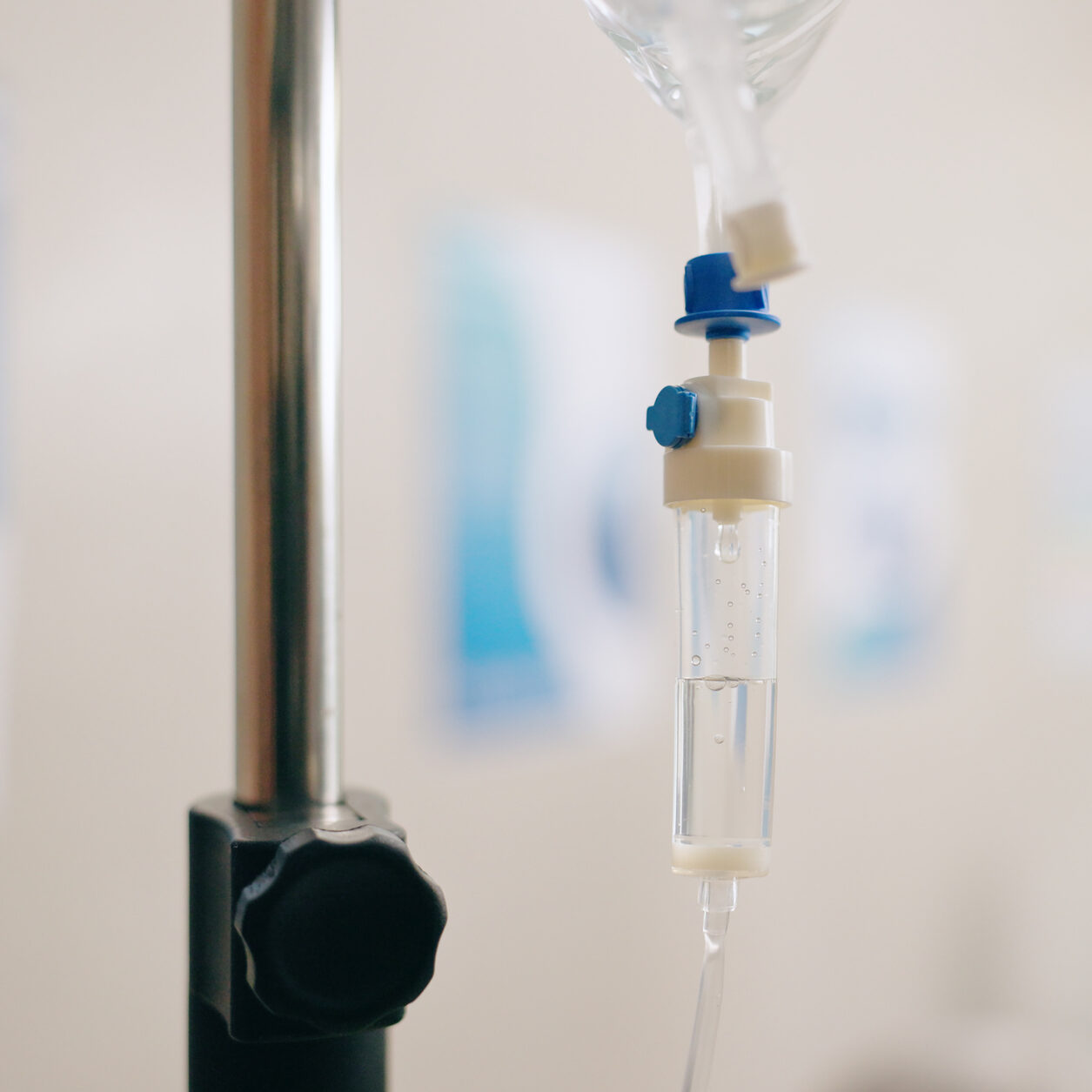Ketamine is an anesthesia and pain management medication developed over 40 years ago that doctors and patients soon recognized had a surprising and unintended effect- those who had not done well with the typical antidepressants prescribed by doctors who took it had a very rapid and dramatic improvement of mood and anxiety. When given in the vein or IV at a very specific dose range over 40 minutes, people that did not respond or tolerate traditional antidepressants felt their depression lift in way they hadn’t experienced before. Ketamine also stopped suicidal thoughts in those struggling with that as well. And quickly too -which is so important since antidepressants can take 4-6 weeks to work, if they do work. If you have to try 2 or 3 antidepressants until you find the right one, that’s a lot of time to have your depression go untreated. The mechanism of action is not well understand but we believe it works on a different chemical in the brain that other antidepressants don’t affect called glutamate and also increase release of chemicals that allow the brain to rewire itself and make new connections that can positively impact mood, anxiety and other brain functions.
We have decades of clinical experience with ketamine and many studies to show that it is safe, fast, and effective. The downside? Ketamine is not FDA-approved for depression and since the medication is off patent or generic there is little incentive for drug companies to jump through the hurdles to get it approved. There may be risks we don’t know about and insurance won’t cover ketamine since it is a non FDA approved treatment. The effects can wear off and you may still require medication or more ketamine treatments down the road to stay well. Ketamine can have some physical and psychological risks I review in other blogs.
The medication is usually given through the vein or IV. This seems to be the most effective method and one that gives doctors the most control over the dosing. But it can be given other ways including through the mouth as an oral formulation dissolved in the mouth, injected into the skin or muscle, and administered through the nose.
Before pursuing ketamine as a treatment make sure you have a thorough psychiatric and medical evaluation by a psychiatrist familiar with the intricacies of ketamine treatment. While ketamine is an innovative, game changing treatment for depression, it isn’t for everyone. Some people may have mental health or medical conditions that may disqualify them from ketamine treatment. I believe that before undergoing ketamine treatment, you should become well informed on what makes someone a good candidate for ketamine, the best place to get treatment from, and all the risks associated with this treatment. If you are interested in learning more there are great resources on our website www.psychatlanta.com or call us 770-422-2009 with questions or to schedule a consultation for you or someone you care about.
